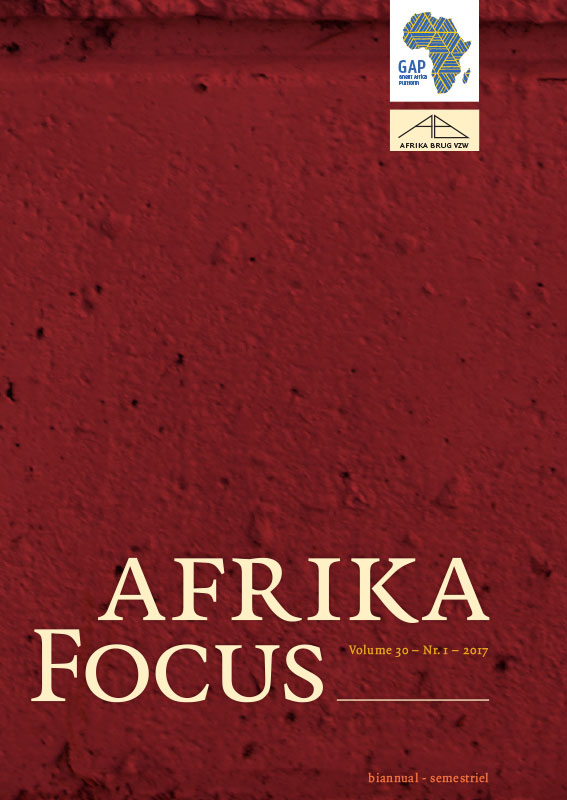Female genital cutting and the politics of Islamicate practices in Egypt: debating development and the religious/ secular divide
DOI:
https://doi.org/10.21825/af.v30i1.4990Abstract
My PhD dissertation examined discourses on Female Genital Cutting (FGC) in contemporary Egypt, particularly concerning the relation between FGC and religion. FGC is practiced by both Muslims and Christians and Egypt is among the countries with the highest prevalence rates. Through ethnographic research, the study analysed the vernacularization of transnational activism as an important intervention into local cultural and social debates on gender, sexuality and family norms, in addition to understandings of Islam, Muslim-Christian relations and concepts of race, nation and progress. I argue that FGC is best characterized as an Islamicate practice. A narrow, reifying conceptualization of religion precludes lived understandings of the relation of FGC to Islam and subsequently, precludes more profound social and cultural debate on gendered practices. Key words: FGC, religion, Islam, Egypt, critical development studiesDownloads
Published
How to Cite
Issue
Section
License
Authors who publish with this journal agree to the following terms
Authors retain copyright and grant the journal right of first publication with the work simultaneously licensed under a Creative Commons Attribution License that allows others to share the work with an acknowledgement of the work's authorship and initial publication in this journal.
Authors are able to enter into separate, additional contractual arrangements for the non-exclusive distribution of the journal's published version of the work (e.g., post it to an institutional repository or publish it in a book), with an acknowledgement of its initial publication in this journal.
Authors are permitted and encouraged to post their work online (e.g., in institutional repositories or on their website) prior to and during the submission process, as it can lead to productive exchanges, as well as earlier and greater citation of published work (See The Effect of Open Access).


